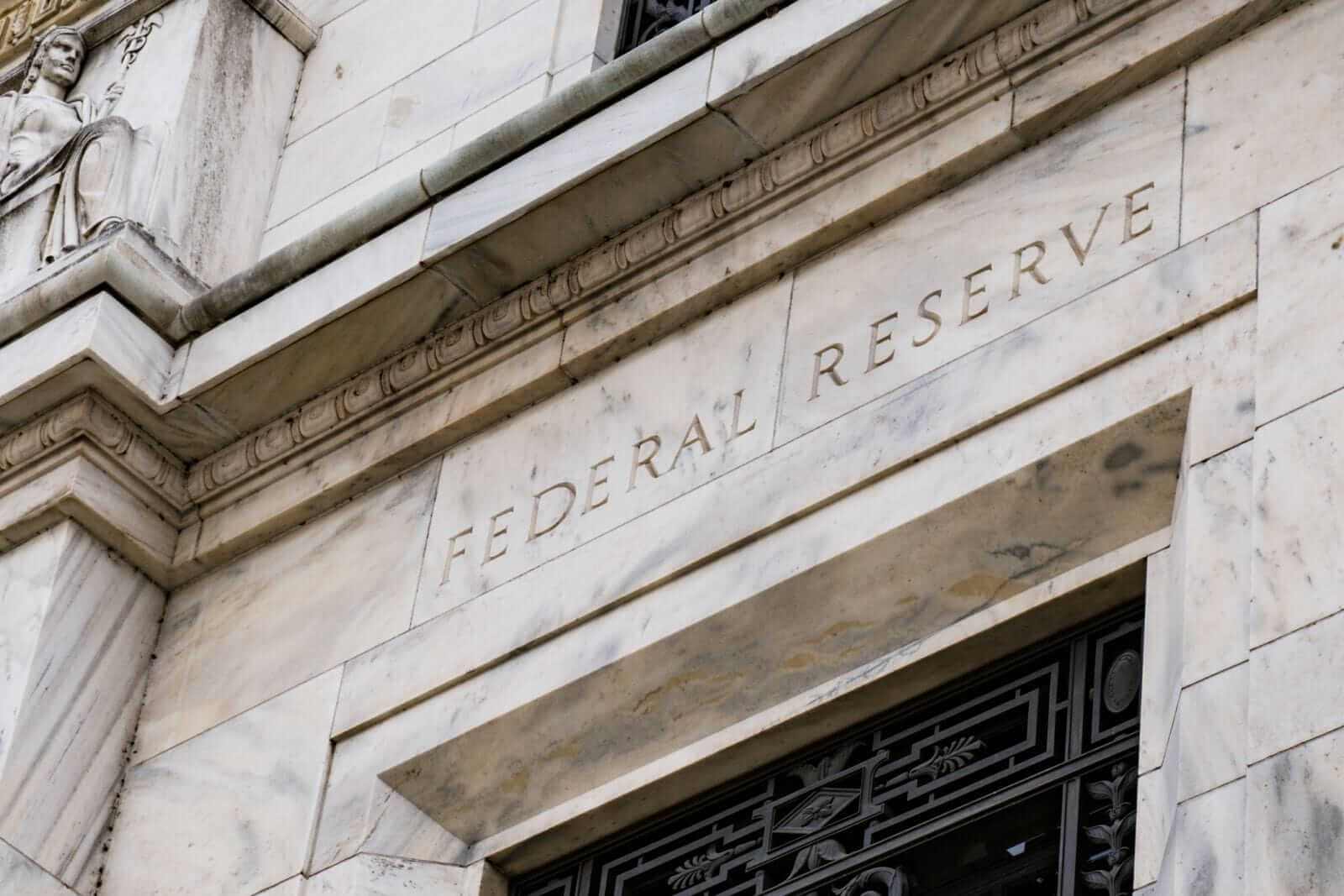Trump's obsession with firing Powell is not over yet

Amid the U.S. president's countless attacks on the Fed chairman for not lowering interest rates now, it is easy to forget that it was Donald Trump who appointed Jerome Powell to lead the Fed in 2017. At the time, Trump praised him as a wise leader with the right qualities to lead the economy.
Nearly eight years later, that “wise” choice is now portrayed as a clueless fool who, according to Trump, doesn't understand anything, implying that it's time for Powell to go. The idea, of course, is to pave the way for a replacement that is more aligned with a more dovish monetary policy.
The thing is, the Fed is an independent institution that is supposed to make decisions based solely on economic data and not on political pressure, even if it is the chairman. The Federal Reserve Act of 1913 only allows the Fed chairman to be removed “for cause.” And that cause must be serious.
Claiming that lower rates would reduce the cost of servicing the national debt does not qualify.
It seems like the alleged overspending on the renovation of the Fed's headquarters could help. If such an investigation leads to Powell's dismissal, it would not be the president who would fire him directly; the judicial system would intervene. And everyone could claim that it was “by the book.”
Now, if this plan actually works and Powell resigns and is replaced by someone unexpectedly dovish, i.e., someone eager to cut rates quickly, the market reaction will likely be native. In particular, the dollar index could fall, Treasury yields could soar, and gold could also. And we have seen this movie before.
Markets showed similar tension in April, when Trump stepped up his attacks on Powell. Last week, they shuddered again when news broke that Trump had asked House Republicans whether he could legally fire the Fed chairman. To calm the anxiety, the president had to say, “We're not planning to do anything.”
So why the negative reaction, if lower interest rates are supposed to be good for the economy?
A politically motivated rate cut, not backed by economic data, could shake confidence in the Fed, the dollar, and U.S. treasuries. For now, though, the idea of replacing Powell doesn’t seem to be rattling markets: the S&P 500, Nasdaq, and even Bitcoin aren’t plunging in fear, suggesting investors aren’t bracing for the worst.
Let’s see what Powell says on Tuesday — and how Trump reacts.
